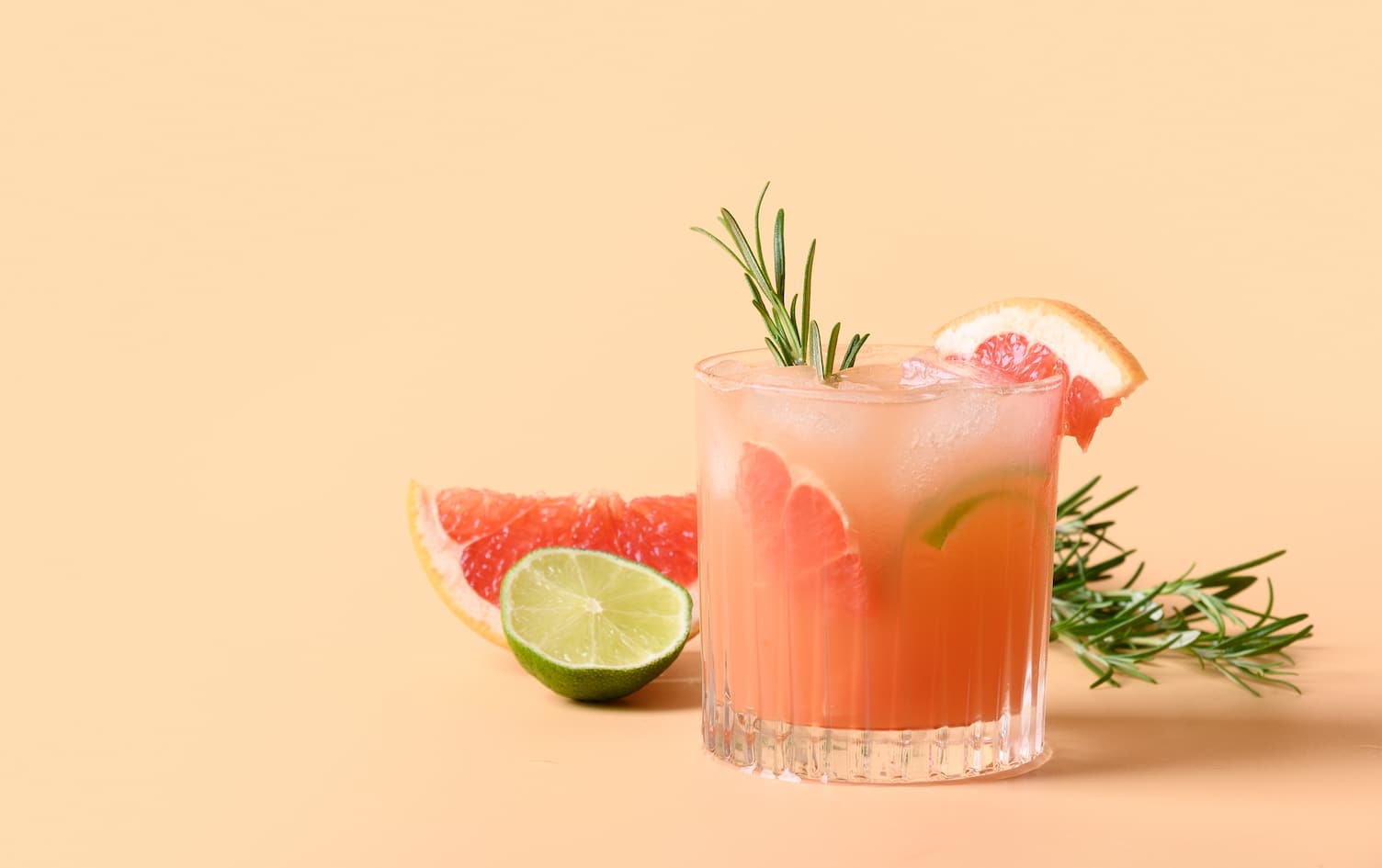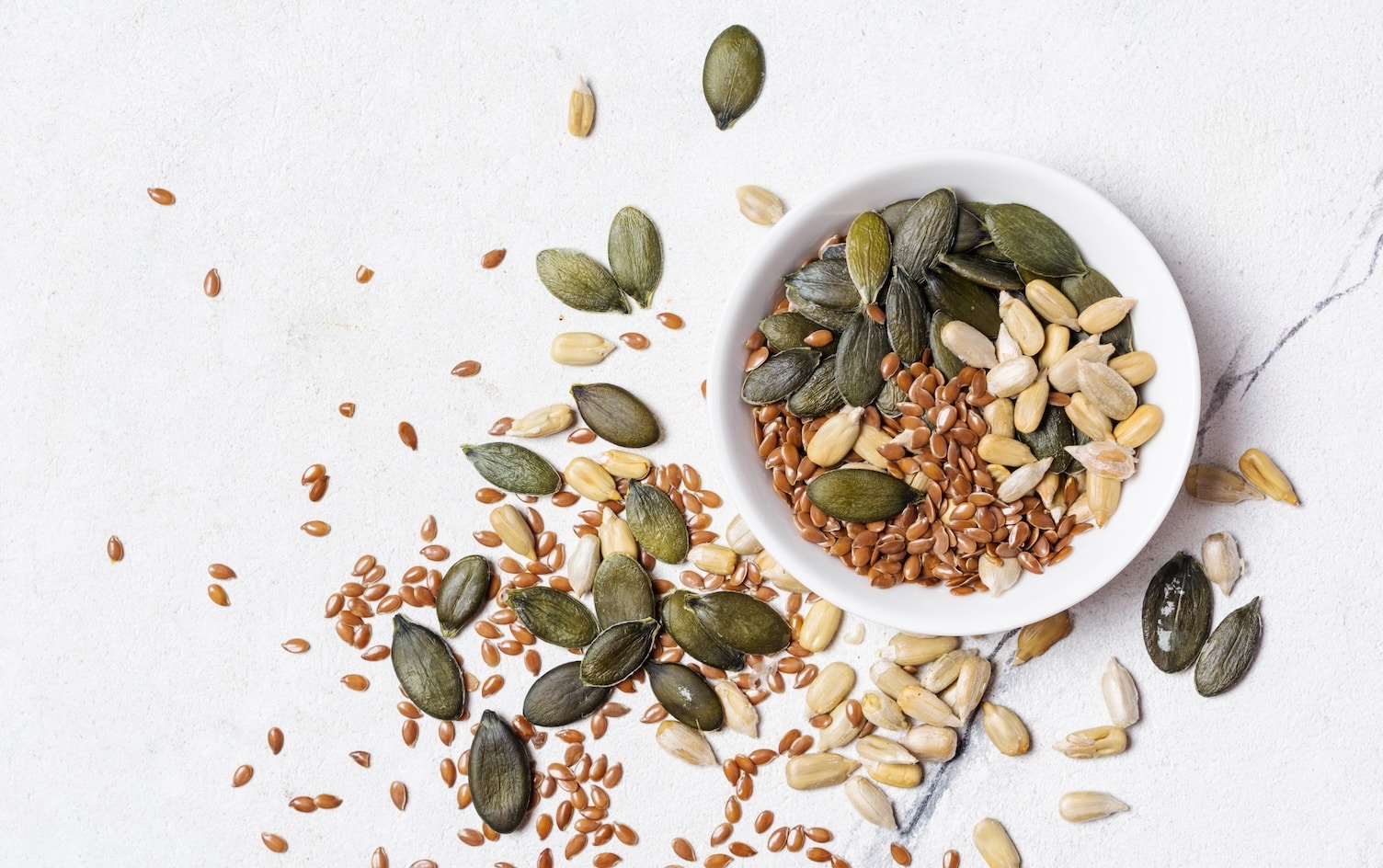Mocktails, which are non-alcoholic alternatives to cocktails, have gained popularity as a refreshing and sociable beverage choice. The rise of the sober curiosity trend since 2018 has played a significant role in the increased interest in mocktails. This trend, coupled with initiatives like Dry January, has encouraged more people to explore and enjoy the world of alcohol-free drinks. But are mocktails healthy?
We had the opportunity to sit down with Daisy Mercer, a dietitian who works with MyFitnessPal, to gain insights into the nutritional aspects of mocktails and how they fit into a balanced diet.
What a Dietitian Says About Mocktails
Mercer appreciates mocktails as an excellent substitute for alcoholic beverages, especially in social settings. “Mocktails are a great alternative to alcohol. Many social gatherings revolve around drinking, and it can be uncomfortable for someone not drinking if they don’t have a drink in hand.”
So, in other words, yes, mocktails can definitely be healthy alternatives to cocktails or other alcoholic beverages — but there are nuances to understand.
What makes mocktails “healthy”
- Mocktails often contain fewer calories than alcoholic drinks. “Typically, alcohol contains around 100 kcal per shot (Vodka used as reference), whereas the strawberry pomegranate mix by Mixly has approximately 70 calories.”
- Some non-alcoholic mixers actually have some health benefits. “Mixers like Olipop contain probiotics that can nourish the healthy bacteria in the gut and promote gut health.”
- For many people, avoiding alcohol is often the better choice. “Alcohol has a negative impact on the liver, and excessive consumption can lead to liver disease and eventual failure.”
What to look out for when buying or making mocktails
- Look out for added sugars in fruit juices. “Many have high levels of added sugars, which can negatively impact insulin sensitivity over time,” Mercer explained.
- Opt for “lightly sweetened” options. “The best ones are made with 100% fruit juice without added sugar, or sweetened with alternative sweeteners like stevia or monk fruit.”
- Read the nutrition labels! Mercer says all the information you need is there. “Pay attention to the calories per serving and the added sugar section! Try to keep those as low as possible. MyFitnessPal can help you track your daily caloric and sugar intake, too!”
- Drink them for enjoyment, not for nutritional benefits. Most mocktail beverages on the market don’t have much nutritional value, even if they contain herbs, spices, or botanicals. “Some herbs and spices can help reduce inflammations, like turmeric, but generally people are not consuming mocktails with them often enough to make a difference. Adding them certainly doesn’t hurt, though!”
What the Science Says About Mocktails
Numerous studies corroborate the health advantages of mocktails:
- A study by the American Journal of Clinical Nutrition demonstrates that sugar-sweetened beverages (like many cocktails) contribute significantly to weight gain and an increased risk of type 2 diabetes.
- By contrast, mocktails, particularly when made with low-sugar ingredients, can help mitigate these risks. Additionally, a study published in the Journal of Hepatology found that abstaining from alcohol (as one does when drinking mocktails) can reduce the risk of liver diseases.
- Research out of the Journal of Nutrition and Food Sciences suggests incorporating ingredients like fresh fruits, herbs, and spices into our drinks (as we often do with mocktails) can have a host of antioxidant and anti-inflammatory benefits.
Common Beliefs about Mocktails: Fact or Fiction?
- Mocktails are non-alcoholic, so they’re always healthy. Not always! If a mocktail is high in sugar, it may have negative effects over time.
- Mocktails are always healthier than cocktails. Alcohol has a negative impact on the liver, and excessive consumption can lead to liver disease and eventual failure.
- Mocktails are low in calories. Not always, so check the nutrition label! Especially look out for added sugars.
Mocktail Recipes to Try
There are tons you can buy at the grocery store or make at home. But here are a few we recommend starting with if you’re new to the mocktail-making scene:
- Dried hibiscus mocktail: Made with loose-leaf dried hibiscus tea plus orange, star anise and orange peel.
- Spiced apple shrub mocktail: Sweetened with honey instead of the more traditional sugar, this sweet-tart spiced apple shrub mocktail tastes like a refreshing sip of autumn in a glass.
Or choose from 12 additional mocktail recipes. We’re also sharing some mocktail inspo on our TikTok and Instagram.
The Bottom Line: Mocktails are Healthy Alcohol Alternatives
Choosing mocktails over their alcoholic counterparts generally aligns with health and wellness goals. Just remember to make informed choices, read nutrition labels — specifically paying attention to caloric and added sugar content — and sip easy knowing you’re making a decision that aligns with your health goals. (You probably won’t miss the hangovers, either!)




